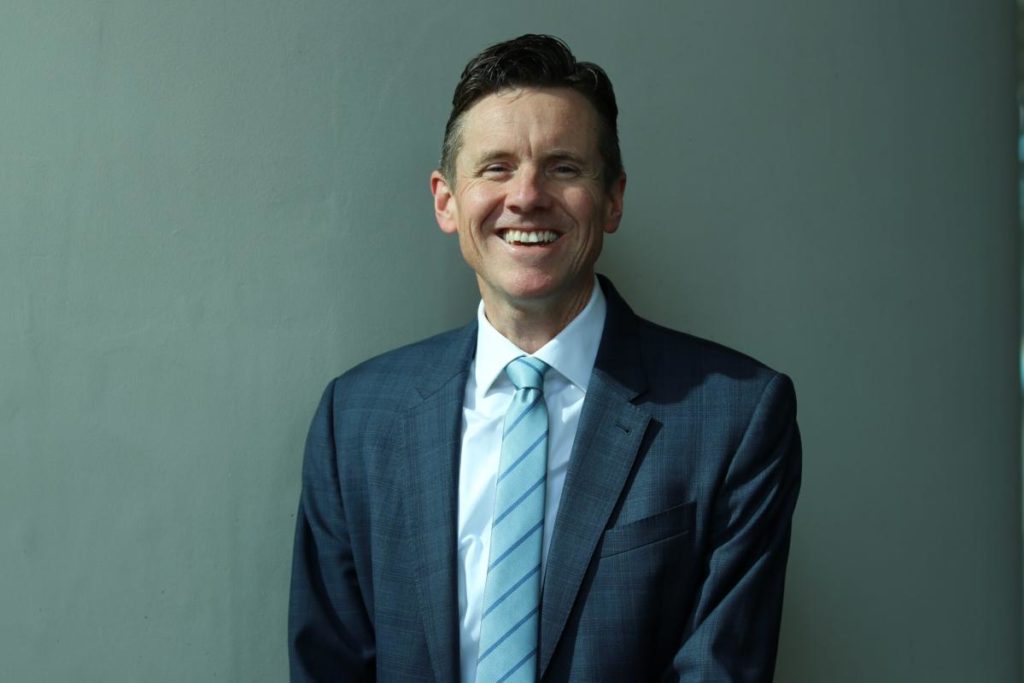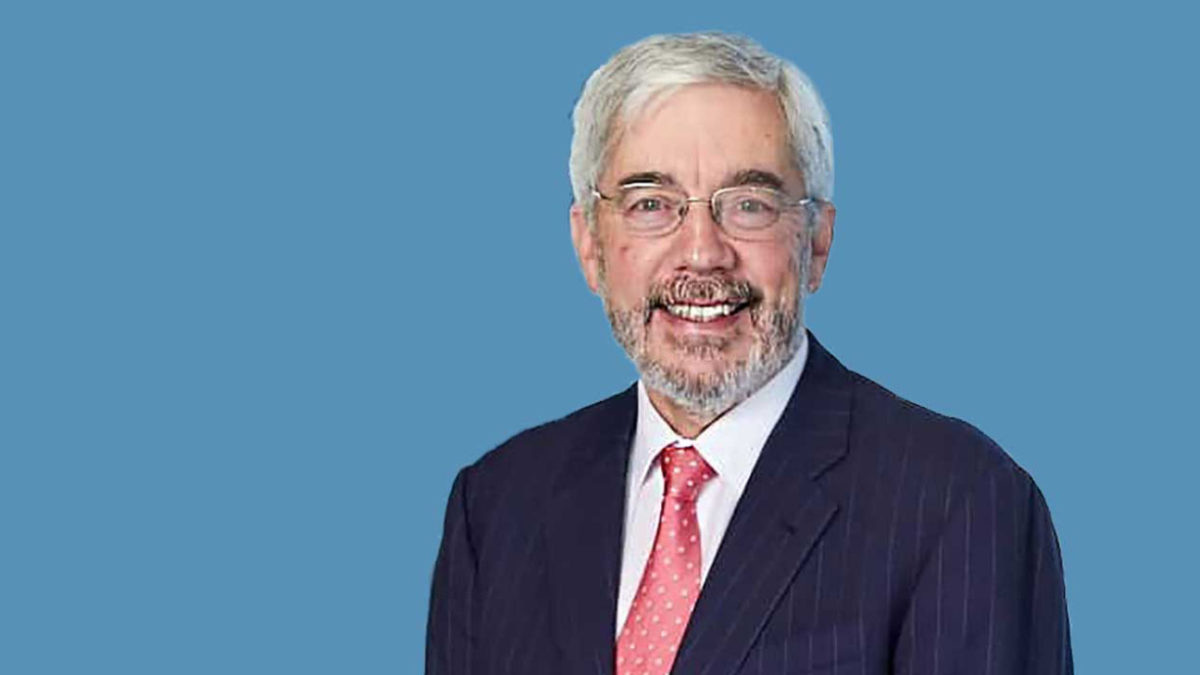… and Mercer’s Knox talks ‘universal pension’
David Knox, Mercer senior partner, actuary and founder of the global pensions systems index, threw down a challenge to the Retirement Income Review to look at a ‘universal pension’ for all Australians. He is now talking to the industry.
Knox, the lead author of the Mercer Global Pension Index, says Australia, which already has one of the least-costly pension systems in the world, is headed for the dubious honour of being the cheapest of all OECD countries by 2050.
We are cheap now thanks to the relatively high level of compulsory savings through the SG combined with significant means testing of the age pension compared with like countries. We will become cheaper still because of the demographic trend pushing a greater proportion of the population into retirement.
Knox spoke last week (February 18) at an industry webinar, ‘Exploring Big Ideas’, organised by the Conexus Institute. David Bell, the convenor of the institute, said that the submission about a universal pension was one of several on the topic put to the Retirement Income Review (RIR). Others were from: Professor Kevin Davis, emeritus professor of finance at the University of Melbourne and member of the Financial System Inquiry; and Dr Cameron Murray, economist and teacher at the University of Queensland.

Knox and Bell said that the RIR considered the idea too expensive. The inquiry estimated that it would cost about $30 billion a year for the Government, a figure Knox said could be offset several different ways. Bell added that the RIR panellists might have felt the idea was outside their remit.
“We should look at the system as a whole for equity,” Knox said during the webinar. “In the current system, I think middle Australia is missing out more than people at the ends.”
A universal pension was one that was payable to everyone of retirement age (currently 67), usually with a residential requirement, such as having lived in the country for a number of years. In other countries it was usually indexed to either prices or wages.
In some other countries the pension did not kick in until a certain income or assets threshold was reached, much as Australia’s age pension is means tested. Knox favoured a universal pension for everyone for the sake of simplicity and efficiency, with taxation and other mechanisms adjusting the impact for fairness.
“We need to recognise that as we get older our cognitive ability declines. We need to keep the system simple,” he said. “Let’s simplify life for older people. We want to encourage people to stay in the workforce.”
He said the current means testing arrangement affected the behaviour of older Australians. Resources, such as housing, were not being used efficiently. For instance, if someone or a couple downsizes the family home in old age, they will end of with cash which might push them out of the pension asset bracket.
“And some retirees, not all, but some, are scared of Centrelink. They don’t want to have to keep talking to Centrelink. Then you have the problem of applying for a pension. It’s not easy. We now have some people who are being paid to help make pension applications.”
Bell noted that there would also be simplification benefits for people involved in the design of retirement products. A universal pension would make it much easier than drawing down account-based pensions and gradually replacing them with the government pension.
With respect to the cost, Knox said the RIR panellists did not explore the various ways this could be offset through taxation. Other possibilities included adjustments or taxation according to a person’s super balance.
Knox compared the idea with the systems in six similar western countries: Denmark, the Netherlands and Israel – which are the top three countries in the Mercer global index – and Canada, New Zealand and the UK. Australia comes fourth in the global index ranking.
Of the six, New Zealand and the Netherlands both have universal pensions while the other four have partial universal pensions (half the population are means tested and half are not). Knox said New Zealand’s and the Netherlands’ systems were “generous”, paying about 40 per cent of the average wage.
Meanwhile, the Conexus Institute has expanded its advisory board, which also includes David Knox. New members are Deborah Ralston, academic and member of the RIR panel, and Geoff Warren, ANU academic and former asset consultant Geoff Warren. They take the board to 12 industry members, including Bell, plus two executives from Conexus Financial – publisher Colin Tate and editor Amanda White.











